Empowering Small Schools for Transformative Change
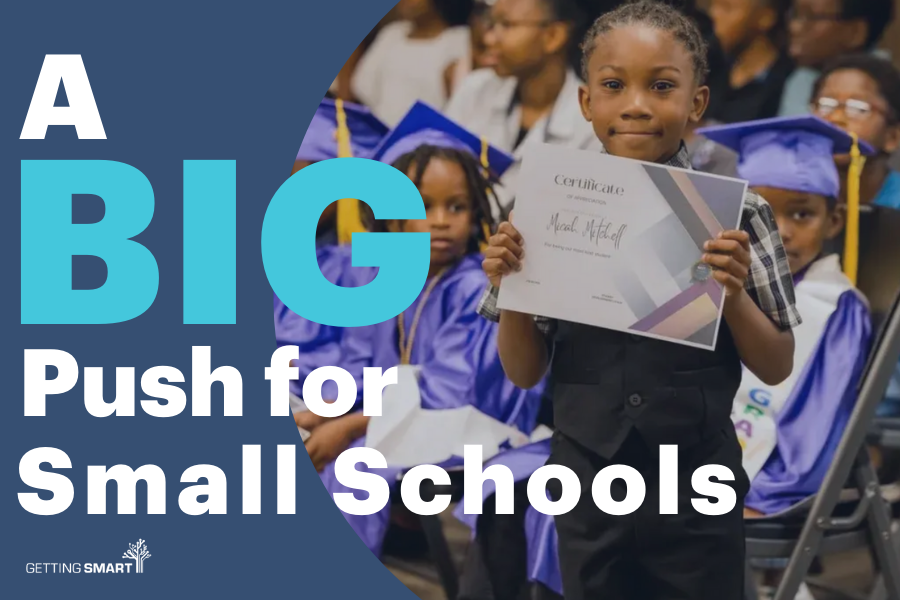
In an era where education is constantly evolving, microschools have emerged as catalysts for innovation, providing personalized and community-centered learning experiences. At Getting Smart, we see microschools not as a threat to public education but as one of many equitable solutions to the challenges of delivering quality education to all students. Our commitment to supporting these innovative learning environments is reflected in our efforts to help them scale and sustain themselves, ensuring that more students can benefit from these transformative models.
Big Push for Small Schools
Last year, in partnership with the Walton Family Foundation, we launched the Big Push for Small Schools grant program as part of our Learning Innovation Fund. This initiative funds microschools with the potential to scale into multi-site operations, creating more opportunities for personalized learning across diverse communities. Our first round of funding supported a dynamic cohort of ten grantees, each representing a unique approach to small-by-design education.
These grants are awarded based on a range of criteria, including:
- Commitment to the Small-by-Design Model: Schools that prioritize small, intimate learning environments designed to cater to individual student needs.
- Diversity and Inclusion Efforts: Schools that actively work to foster diverse and inclusive learning communities.
- Focus on Scaling and Growth: Schools with plans to expand their reach and impact while maintaining high-quality educational experiences.
- Commitment to Sustainability: Schools are dedicated to long-term sustainability and continuous improvement.
The first round of funding championed a diverse array of microschool models across six states, impacting over 500 students. With 90% of school leaders and two-thirds of students identifying as BIPOC and nearly half coming from economically disadvantaged backgrounds, these grantees embodied the inclusive and equitable values we strive to advance. Their initiatives led to the establishment of nine new microschool sites, reaching nearly 1,000 additional students and significantly advancing the microschool movement.
Our grant program not only supported the establishment of new microschools but also provided invaluable coaching and technical assistance to school leaders, helping them design sustainable practices and refine their school models. This support was instrumental in guiding our grantees through the complexities of scaling their operations and ensuring long-term viability. The hands-on coaching and tailored advice were designed to address the unique challenges faced by each microschool, fostering a culture of continuous improvement and innovation.
Additionally, the program facilitated the creation of a robust network of microschool leaders who may have previously navigated their paths in isolation. This network has become a vibrant community of practice, where leaders share insights, strategies, and resources, significantly enhancing collective learning and collaboration. A standout example of this collaborative spirit is the partnership between ASU Prep and Ellemercito Academy. This innovative collaboration merges the strengths of ASU Prep, one of the largest public universities in the U.S., with Ellemercito Academy’s forward-thinking microschool model. Together, they have developed a new educational product tailored to the needs of microschools, emphasizing sustainability, innovation, and global impact. This partnership not only enriches the learning pathways for students but also showcases the power of collaborative innovation in advancing the microschool movement.
Accelerating Impact Through Continued Funding
Building on the success of our inaugural round, we are thrilled to continue our support for a select group of returning grantees. These schools have demonstrated remarkable growth and an unwavering commitment to the small-by-design model, making significant strides in scaling and sustaining their innovative educational approaches. Their progress reflects our shared dedication to enhancing personalized learning and community engagement.
In addition to welcoming back these grantees, we are excited to introduce a new cohort of microschools that will join us in this round of funding. Our new grantees hail from California, Florida, Tennessee, and Arizona, each bringing fresh perspectives and innovative approaches to education. These additions to our program embody our commitment to broadening the impact of microschools and providing more students with access to high-quality, personalized learning experiences.
This next round of funding will continue to support the scaling and sustainability of these innovative models, with a renewed emphasis on tracking and measuring student outcomes—both traditional and non-traditional—across all grantees.
Empowering Small Schools: Meet Our Grantees
Join Us on a Transformative Journey
We invite you to join us on this transformative journey by visiting Getting Smart’s Microschool Page. Stay tuned for updates on our Microschool Campaign, where we will share stories of impact, insights from educators, and opportunities to get involved.
At Getting Smart, we believe that small schools have the potential to drive transformative change in education. With the support of initiatives like the Big Push for Small Schools, we can create more personalized, engaging, and equitable learning environments for all students.
Together, let’s continue to innovate, inspire, and transform education for the better.

Jordan Luster




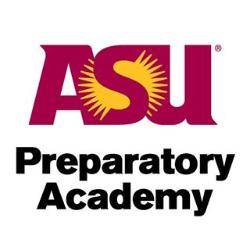

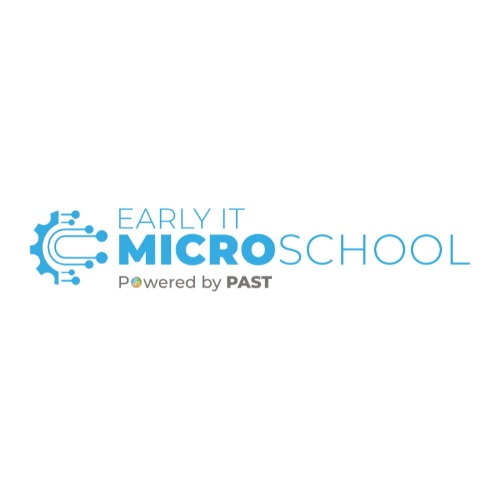
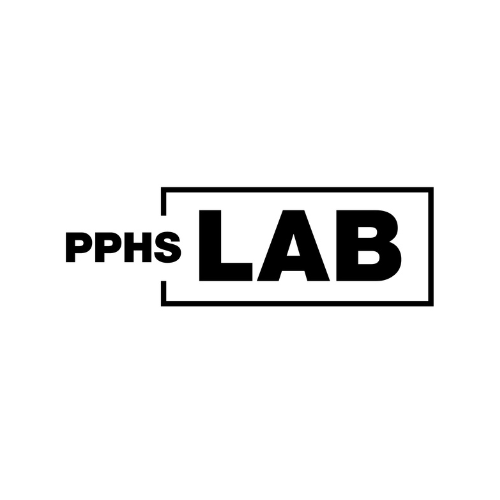
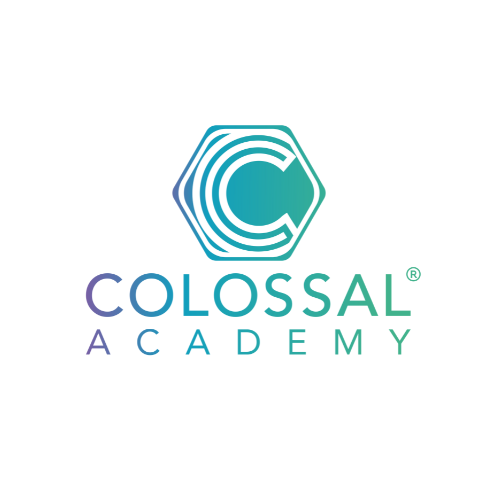





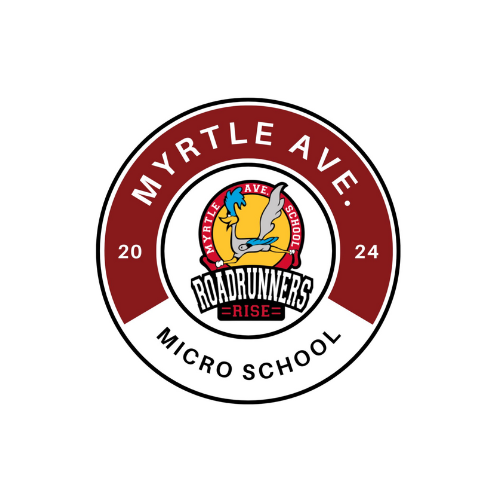

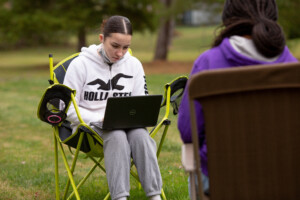
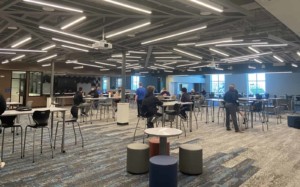
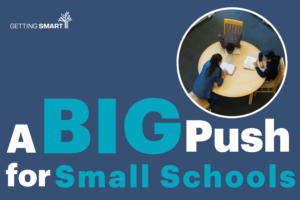
0 Comments
Leave a Comment
Your email address will not be published. All fields are required.